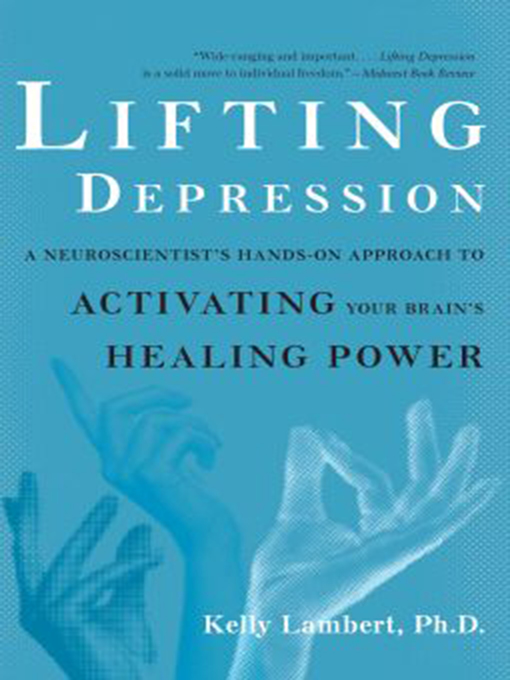- Favorite Magazines on OverDrive
- Food & Wine Magazines
- Health & Fitness
- Home & Garden
- Business & Finance
- Revistas
- Chinese Magazines
- Japanese Magazines
- See all
-
Description
-
Details

Kindle Book
- Release date: January 5, 2010
OverDrive Read
- ISBN: 9780786732166
- Release date: January 5, 2010
EPUB ebook
- ISBN: 9780786732166
- File size: 373 KB
- Release date: January 5, 2010
Formats
Kindle Book
OverDrive Read
EPUB ebook
subjects
Languages
English
